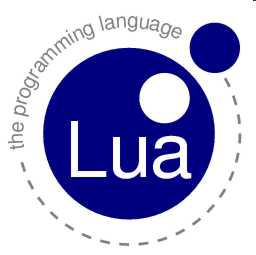| Standalone Lua Development Tools |
| Written by Kay Ewbank | |||
| Friday, 17 February 2012 | |||
|
A standalone version of Lua Development Tools for Windows, Mac OS X or Linux is now available as a ready-to-use Eclipse product. A standalone version of the Lua Development Tools (LDT) is now available for download.
Lua is a small, very fast, embeddable language that has been embedded into games such as World of Warcraft, and Cisco’s Adaptive Security Appliance. It is popular for developers of video games and embedded systems. LDT was developed as part of the Eclipse Koneki project and has the advantage of a well designed user development environment with features such as syntax colouring, error marking and code folding. However, until now you’ve had to also have the Eclipse SDK, which put off some developers who just want to work with Lua. There’s now a standalone version for Windows, Mac OS X or Linux in both 32- and 64-bit versions. What you get is a ready to use Eclipse product containing the LuaDevelopmentTools executable. You can download the standalone version of LDT at the Koneki site which also provides this screencast:
More information and to downloadhttp://www.eclipse.org/koneki/ldt/#installation
Related Articles
Comments
or email your comment to: comments@i-programmer.info
To be informed about new articles on I Programmer, subscribe to the RSS feed, follow us on Google+, Twitter, Linkedin or Facebook or sign up for our weekly newsletter.
|
|||
| Last Updated ( Friday, 17 February 2012 ) |


